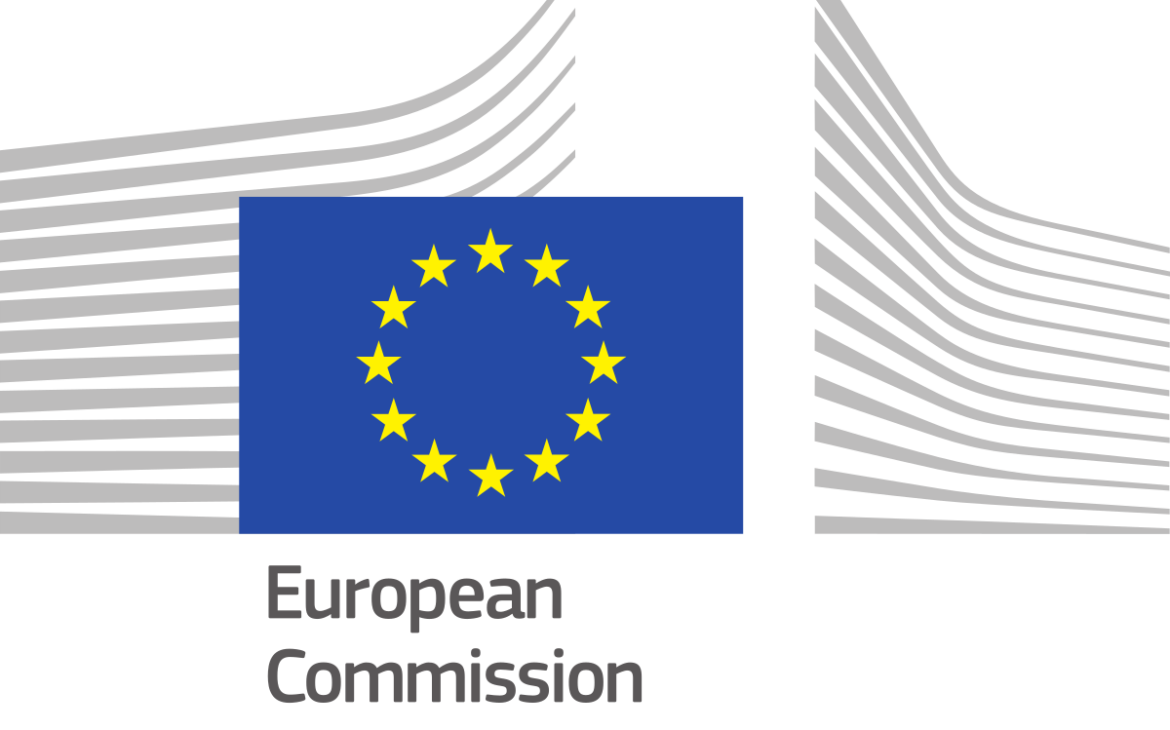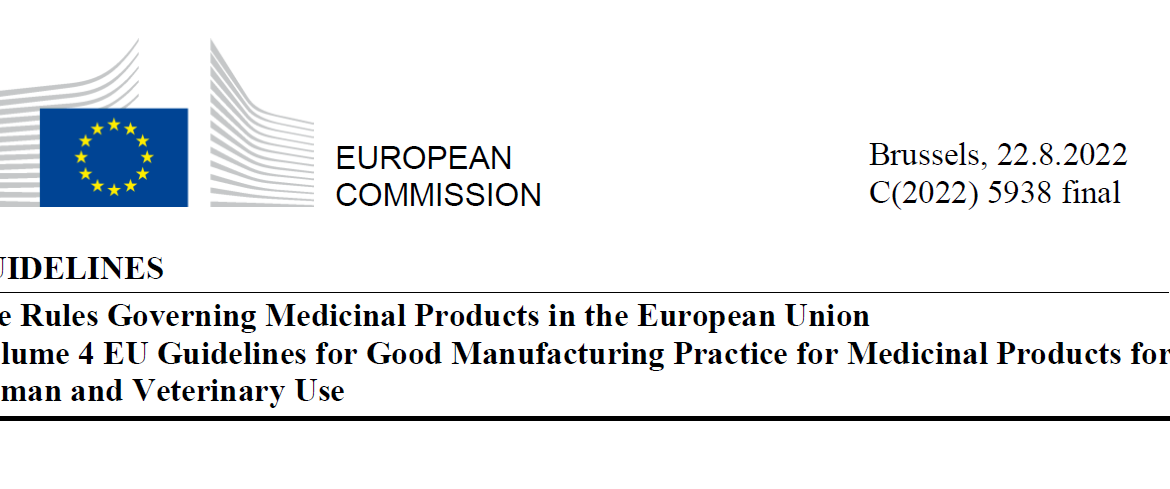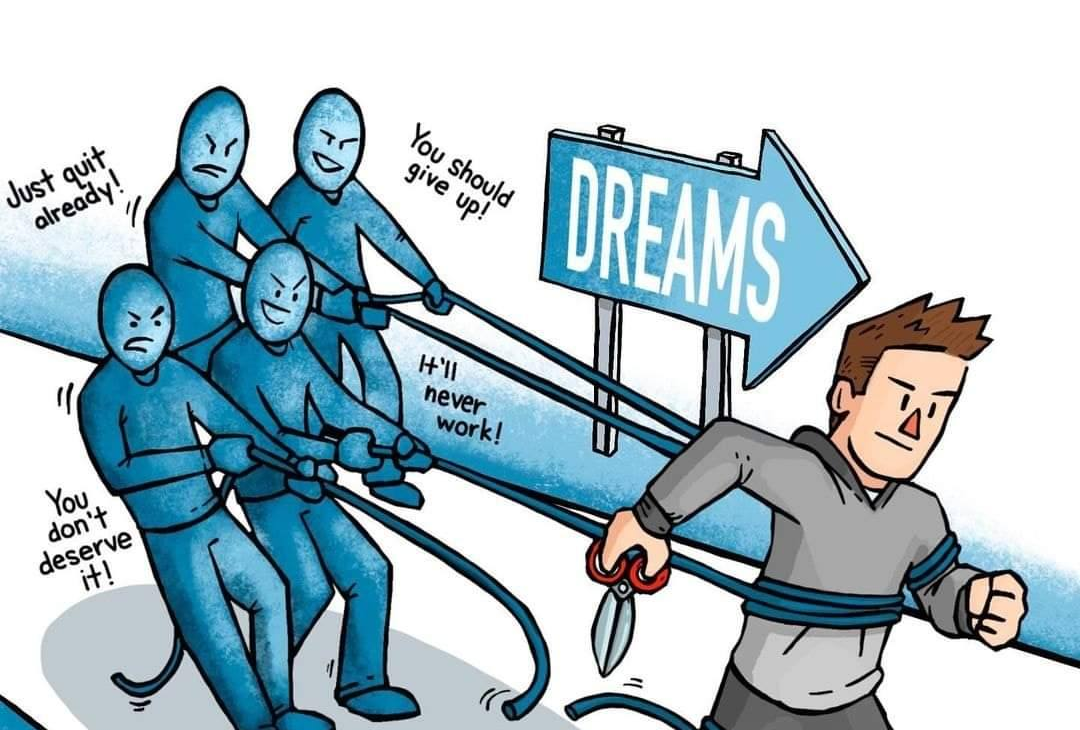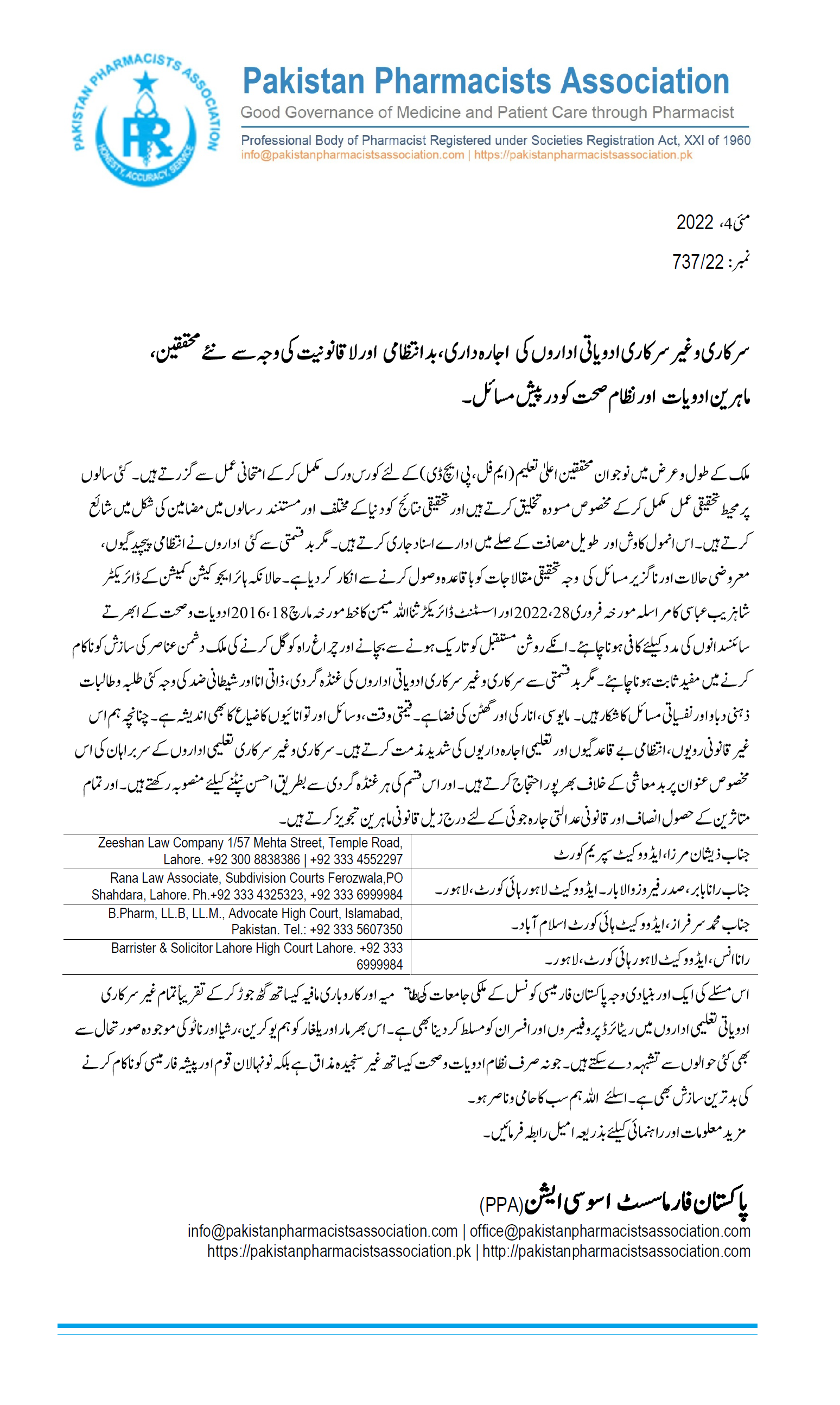September 6, 2022
by PharmaReviews
0 comments
August 29, 2022
by PharmaReviews
0 comments
After many years, the final revision to Annex 1 “Manufacture of Sterile Medicinal Products” was published today.

After many years, the final revision to Annex 1 “Manufacture of Sterile Medicinal Products,” under the The Rules Governing Medicinal Products in the European Union Volume 4 EU Guidelines for Good Manufacturing Practice for Medicinal Products for Human and Veterinary Use, was published today, and will go into effect August 25, 2023.
The revision may be downloaded here: https://health.ec.europa.eu/system/files/2022-08/20220825_gmp-an1_en_0.pdf.
Of note, the use of rapid and alternative microbiological methods is encouraged. Specifically:
“The use of appropriate technologies (e.g. Restricted Access Barriers Systems (RABS), isolators, robotic systems, rapid/alternative methods and continuous monitoring systems) should be considered to increase the protection of the product from potential extraneous sources of endotoxin/pyrogen, particulate and microbial contamination such as personnel, materials and the surrounding environment, and assist in the rapid detection of potential contaminants in the environment and the product.”
“The adoption of suitable alternative monitoring systems such as rapid methods should be considered by manufacturers in order to expedite the detection of microbiological contamination issues and to reduce the risk to product. These rapid and automated microbial monitoring methods may be adopted after validation has demonstrated their equivalency or superiority to the established methods.”
“For products with short shelf life, the environmental data for the time of manufacture may not be available; in these cases, the compliance should include a review of the most recent available data. Manufacturers of these products should consider the use of rapid/alternative methods.”
Some of the most encouraging changes are associated with the use of rapid methods instead of the standard methods for environmental monitoring. For example, one of the notes in Table 2, which discusses the maximum permitted microbial contamination level during qualification of a cleanroom, states, “Limits are applied using CFU throughout the document. If different or new technologies are used that present results in a manner different from CFU, the manufacturer should scientifically justify the limits applied and where possible correlate them to CFU.” Therefore, the EU allows us to revise the numerical values for the CFU-based maximum permitted microbial contamination level to new numerical values based on a rapid method’s alternative microbial detection signal. One example of a new rapid signal is an intrinsic fluorescent count which can be derived in real-time and does not require growth on conventional microbiological media.
Similar guidance on the use of alternative limits is provided in the footnotes for Table 6, which discusses the maximum action limits for viable particle contamination during routine manufacturing. Additionally, although the table provides CFU-based limits for active air samples, settle plates, contact plates and glove prints, one footnote allows for the use of methods other than those specified in the table. Specifically, “[I]t should be noted that the types of monitoring methods listed in the table above are examples and other methods can be used provided they meet the intent of providing information across the whole of the critical process where product may be contaminated (e.g. aseptic line set-up, aseptic processing, filling and lyophilizer loading).”
The finalization of this long-awaited revision is welcomed and demonstrates the EU’s commitment to advancing the detection of microorganisms during sterile drug manufacturing by encouraging and implementing 21st Century rapid microbiological methods.
August 26, 2022
by PharmaReviews
0 comments
ڈاکٹر ارادت حسین صدر فارماسسٹ فیڈیشن (پاکستان ) نے عالمی قانونی معیار کے نفاذکو خوش آئین قرار دے دیا
فارماسوٹیکل ریویو ( سٹاف رپورٹر)فارماسسٹ فیڈیشن (پاکستان ) کے صدرڈاکٹر ارادت حسین نے زیر التوا اسٹرائیل ادویات کیلئے عالمی قانونی معیار کے نفاذ کے اعلان کو خوش آیئن قرار دیا۔ انہوں نے میڈیا سے گفتکو کرتے ہوئے مذید کہا کہ میری نظر میں یہ اس موضوع پر عالمی توقعات کو مربوط کرنے کی ضرورت ہے۔ تاکہ اس معاملے میں متوازن اور متبادل حل کیلئے لچکدار پالیسی مرتب کی جا سکے۔ جدید ٹیکنالوجی کو فروغ اور موجودہ سہولیات کی بقا کی اجازت مل سکے۔ یہ ایک عالمی مشترکہ معیار کیطرف شاندا ر اور پائیدار قدم ہے ۔

August 12, 2022
by PharmaReviews
0 comments

August 11, 2022
by PharmaReviews
0 comments

August 11, 2022
by PharmaReviews
0 comments

August 4, 2022
by PharmaReviews
0 comments
Disconnect from the people who are holding you back.

August 2, 2022
by PharmaReviews
0 comments
A Bill Introduced in the Senate for Further to Amend in the Pharmacy Act, 1967
Pharmaceutical Review (Staff Reporter) Whereas it is expedient and substantial to bring meaningful and significant amendments in the Pharmacy Act, 1967 (XI of 1967), for the purposes hereinafter appearing.
May 18, 2022
by PharmaReviews
0 comments
Potential Threats of Ordinary Investigation and Litigation Model of the National Accountability Bureau on the Pharmaceutical and Health System in Pakistan – Research Report
A reserch resport entitled “Potential Threats of Ordinary Investigation and Litigation Model of the National Accountability Bureau on the Pharmaceutical and Health System in Pakistan” written by Dr. Taha Nazir PhD (doi: https://dx.doi.org/10.21065/19204159.14.11) and published in Journal of Applied Pharmacy (https://consortiumpublisher.ca/index.php/current-volume-jap) The pdf version of the report is available as under,
May 6, 2022
by PharmaReviews
0 comments
سرکاری و غیر سرکاری ادویاتی اداروں کی اجارہ داری ، بد انتظامی اورلاقانونیت کی وجہ سے نئے محققین اور نونہالان قوم اور ماہرین ادویات کو درپیش مسائل۔


